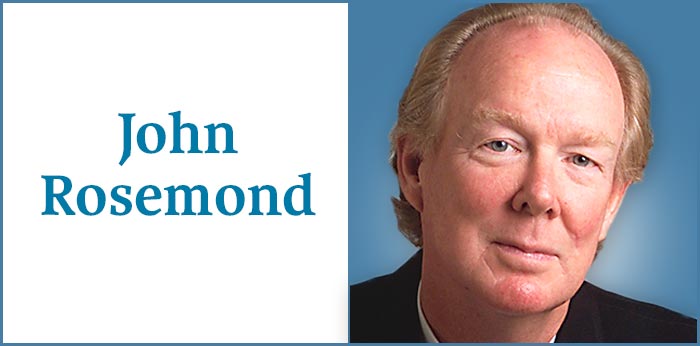As regards nearly every public policy topic these days, myths abound, but few mythologies rival that of public education. A sample:
Myth: Smaller classrooms promote better learning.
Fact: The teacher-pupil ratio has little to do with student achievement, as demonstrated in the 1950s when elementary classrooms were bursting at the seams (nearly three times as many students per teacher than is presently the case) and student achievement was significantly higher than it has been since.
This particular canard is promoted by teacher unions, administrators, and politicians on both sides of the aisle who seek to curry favor with teacher unions and administrators.
The unassailable fact is that student achievement has declined as classroom behavior problems have risen and teachers have been increasingly hamstrung — by unsupportive administrators, politicians, and the courts — when it comes to discipline. It’s student behavior, folks, not class size.
Myth: More money would improve student achievement.
Fact: As a category, Catholic schools have the best record when it comes to student achievement, including students who represent the lower end of the socio-economic spectrum.
With rare exception, Catholic schools spend considerably less per student than do public schools. Classroom discipline in most Catholic schools is head-and-shoulders above the ever-deteriorating situation in most public schools, but equally important is the fact that Catholic schools do not suffer administrative bloat. Unlike the case in most public-school districts, one does not find multiple assistant superintendents of this and that in Catholic systems.
Myth: Encouraging parents to oversee and help with homework positively impacts student achievement.
Fact: Wrong again. A 2014 study found an inverse relationship between homework help from parents and school achievement, irrelevant of any demographic characteristic or even child ability level.
The fact is that homework enabling – a much more accurate descriptor than “homework help” – is like any other form of enabling: to wit, it has a decidedly negative impact on personal responsibility and, therefore, a negative impact on student achievement.
Referencing the 1950s again (which drives my perennial detractors up the proverbial wall), it was the rare parent who rendered anything more than occasional help with homework. Thus, children possessed higher levels of personal responsibility and student achievement was significantly higher.
Myth: Social science research has been a boon to public education.
Fact: Since the late 1960s, public school educators and policy-makers have embraced the progressive notion that new ideas are better than old ideas. The new ideas in question have been supported by social science research (which will support just about anything one wants it to support), yet none of the new ideas — open classrooms, outcome-based education, collaborative learning (to cite but a few)— have panned out. Today as yesterday, the most successful schools are those that adhere to a traditional model.
Myth: Teaching academics prior to first grade (encouraged by both public and private schools) boosts overall achievement.
Fact: A growing number of educators and researchers are convinced that teaching academics prior to first grade increases the per capita incidence of learning disabilities and lowers achievement in the long run. As did most of my peers, I came to first grade not knowing my ABCs. Lest I needlessly repeat myself, the reader is encouraged to re-read Myths 1 through 4 above.
[Family psychologist John Rosemond: johnrosemond.com, parentguru.com.]












Leave a Comment
You must be logged in to post a comment.